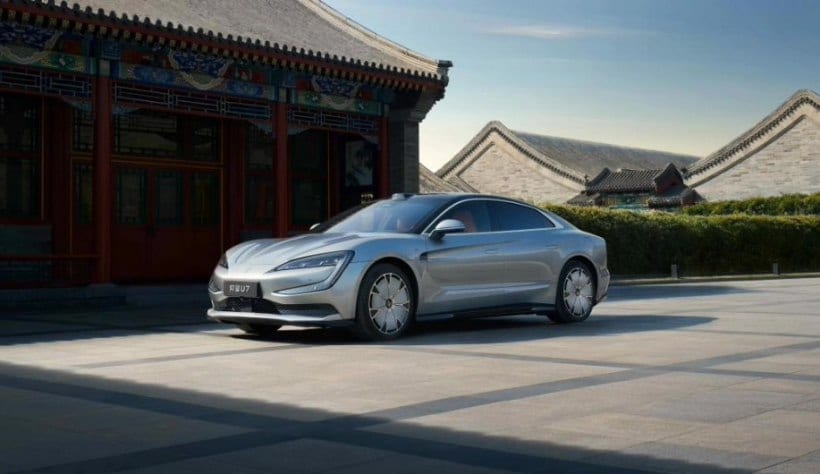Yangwang U7 will debut with blade 2 battery claims blogger
On October 30, a Chinese blogger claimed that the Yangwang U7 sedan would feature the second-generation BYD blade battery. Since earlier this year, it has been known that a second-generation blade battery is imminent, but details about the forthcoming battery have been slim.
– Advertisement –
According to a Weibo blogger who goes by the name of “Wu Ying broken thoughts,” the Blade 2 battery will have a 5.5C charge rate and 14C discharge rate. The blogger has 1.1 million followers on Weibo and, according to his profile, is the editor-in-chief of New Mobility. He posts regularly about car-related topics.
C stands for charging rate, which is calculated by dividing the charging current (A) by the battery’s rated capacity (Ah). The higher the charging rate, the faster the battery can be charged or discharged.
– Advertisement –
Previously, it had been believed that the second-generation blade battery would launch earlier in the year, possibly in August. Since launching in 2020, the first-generation brick battery has become the mainstay of BYD’s NEV models. At the time, it was revolutionary, managing to up the energy density of lithium iron phosphate batteries through clever packing into a blade-like arrangement, hence the name.
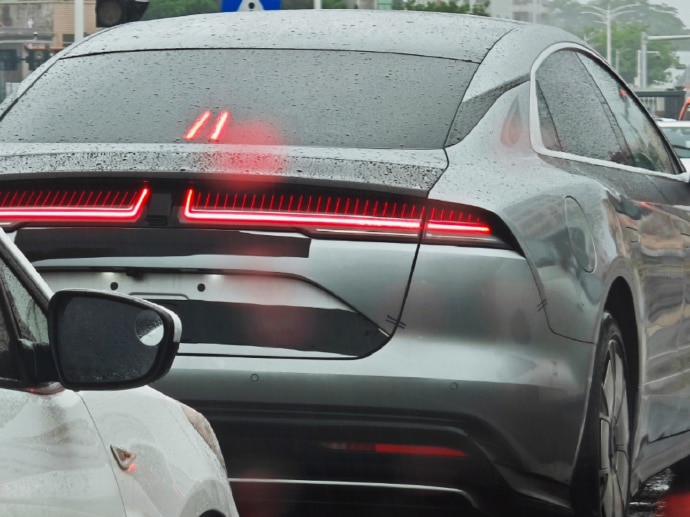
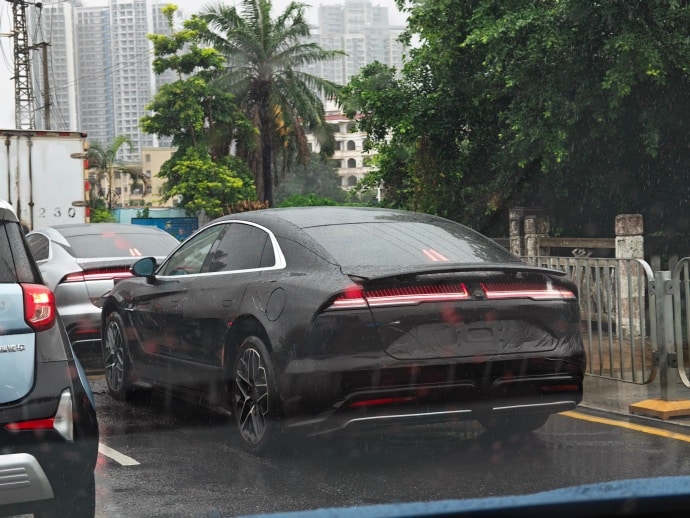
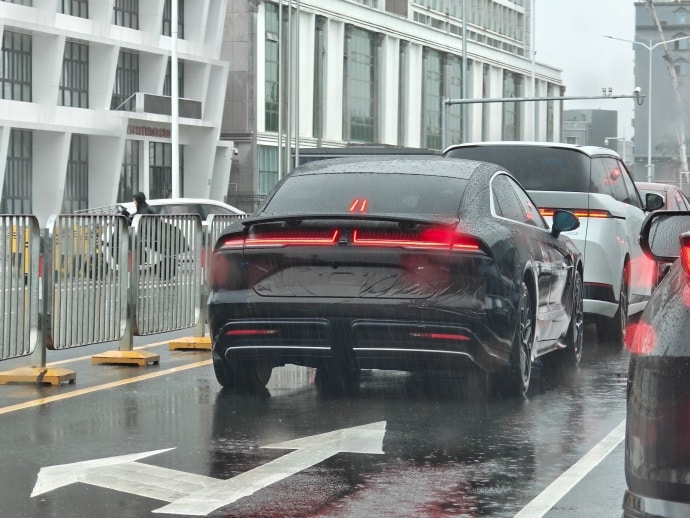
The first-generation blade battery currently has an energy density of 150 Wh/kg. It’s expected that the second generation will boost this to at least 190 Wh/kg. LFP batteries are cheaper than NCM but generally lack the energy density needed to make a longer-range battery at an acceptable weight. Upping the energy density, as with blade 2, will help push LFP’s competitiveness.
It should be noted that Zeekr launched its second generation Golden Battery, also known as Golden Brick Battery, earlier this year. This is a 5.5C LFP battery and currently is the fastest charging, being able to go from 10 – 80% SoC in 10.5 minutes. Chery recently claimed a 6C LFP battery, but notably, the energy density of these seems significantly lower at up to 160 Wh/kg.
– Advertisement –
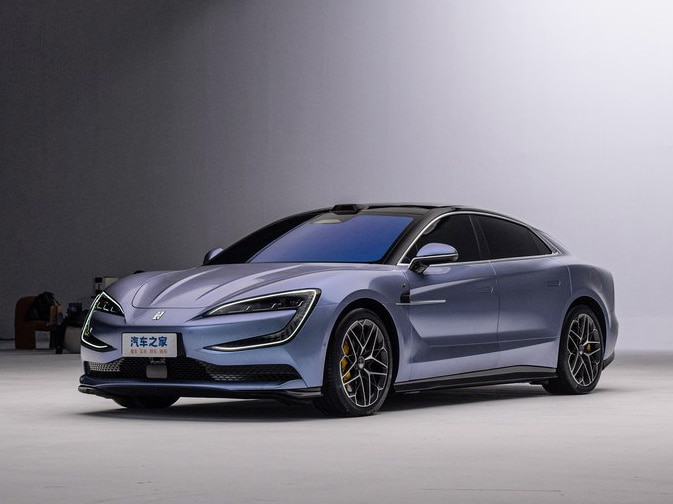
The Yangwang U7’s launch is imminent, and the car began arriving in showrooms as early as July. It features the DiSus-Z suspension system, which replaces traditional hydraulic shock absorbers with electric motors. This enables suspension adjustments in as little as ten milliseconds and can also aid with battery energy recovery.
The Yangwang U7 (see specs) measures 5265, 1998, and 1517 mm (l/w/h) and has a wheelbase of 3160 mm. Despite weighing 3095 kg, it has a top speed of 270 km/h and a 2.9-second acceleration time. A drag coefficient of just 0.195 Cd aids performance.
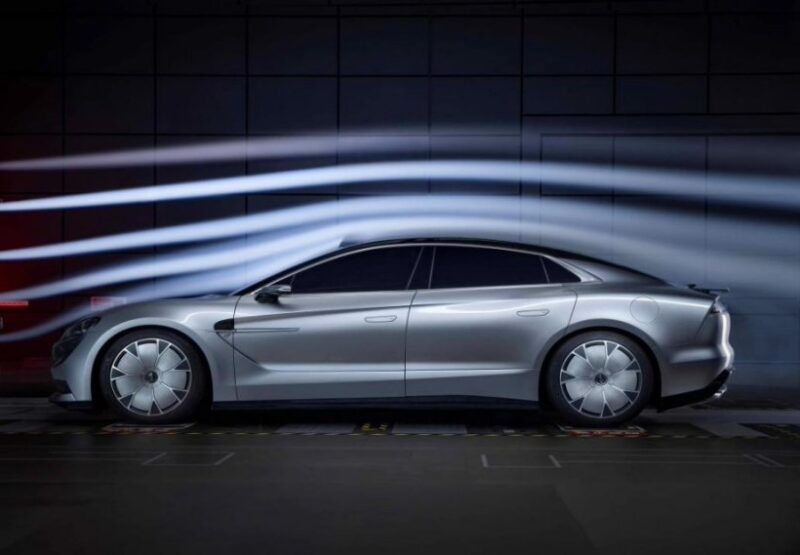
The U7 is more powerful than the U9 and each motor has 326 horsepower for a total of 1306 horsepower. Range is meant to be 800 km with a 135.5 kWh blade battery.
Sources: Weibo, Fast Technology

